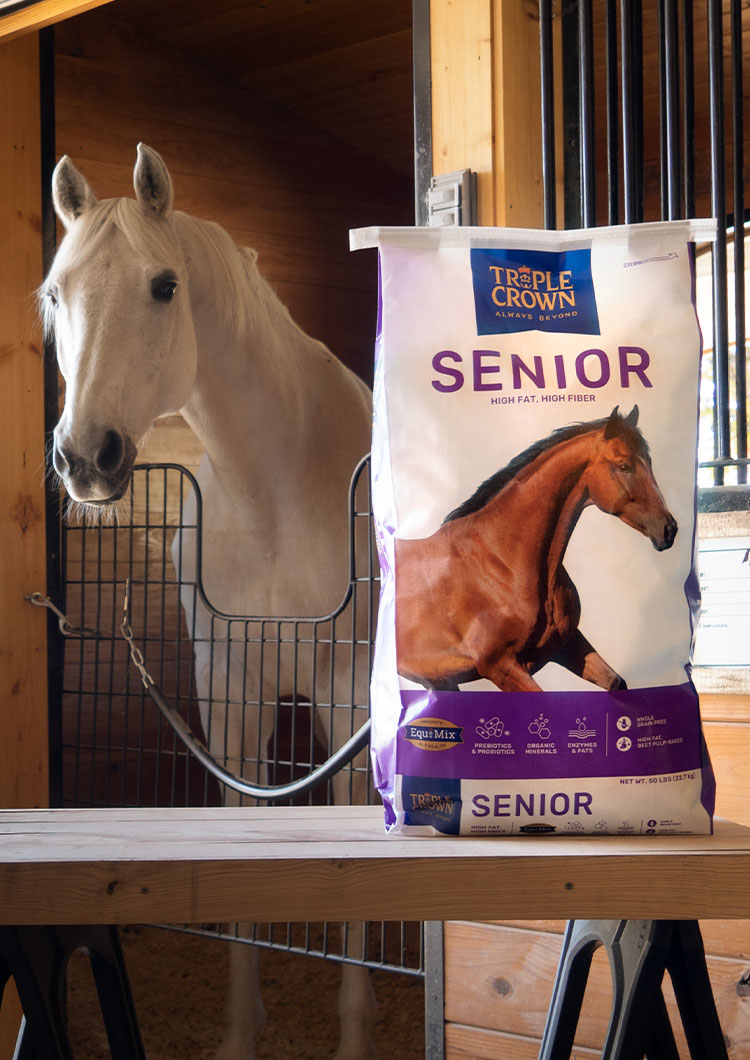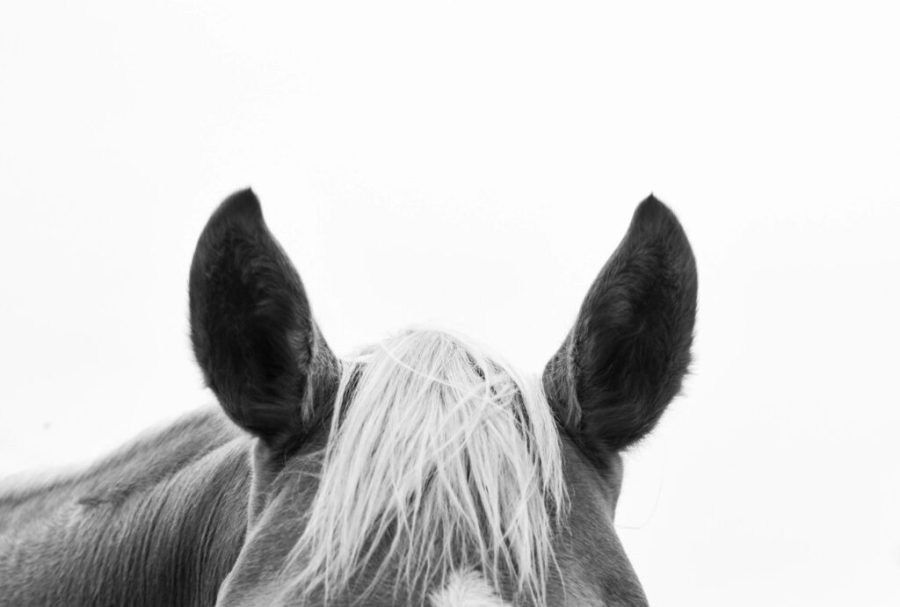Cobalt and Vitamin B12 in Horse Nutrition

Understanding the role of cobalt and vitamin B12 in horse nutrition is essential for maintaining optimal health and performance in equines. This article explores their functions, sources, requirements, and the impact of deficiencies.
What is Cobalt?
Cobalt is a trace mineral vital for the synthesis of vitamin B12 (cobalamin) by microorganisms in the horse’s hindgut. Although horses do not require cobalt directly, it is crucial because it enables the production of vitamin B12, which is essential for various metabolic processes.
Role of Vitamin B12 in Horses
Vitamin B12 is a water-soluble vitamin that plays a key role in:
- Red blood cell formation
- Energy metabolism
- Nervous system function
- DNA synthesis
Since horses rely on microbial synthesis of vitamin B12 in their hindgut, adequate cobalt intake is necessary to support this process.
Sources of Cobalt and Vitamin B12
| Source Type | Examples | Notes |
|---|---|---|
| Forage | Pasture grasses, hay | Cobalt content varies by soil composition |
| Supplements | Mineral mixes, vitamin B12 injections | Used when forage is deficient |
| Microbial Synthesis | Hindgut microbes | Primary source of vitamin B12 in horses |
Cobalt and Vitamin B12 Requirements
Horses require cobalt in trace amounts, typically around 0.1 to 0.2 mg/kg of dry matter intake, to support adequate vitamin B12 synthesis. Vitamin B12 requirements are generally met through microbial production if cobalt is sufficient.
Signs of Deficiency
- Poor growth and weight loss
- Anemia
- Reduced appetite
- Neurological issues such as weakness or incoordination
Supplementation Strategies
- Soil and forage testing to assess cobalt levels
- Providing cobalt-enriched mineral supplements when necessary
- Monitoring horse health and performance for deficiency symptoms
Frequently Asked Questions (FAQ)
Q1: Can horses absorb vitamin B12 directly from their diet?
A1: Horses primarily rely on microbial synthesis of vitamin B12 in the hindgut; direct absorption from dietary sources is minimal.
Q2: How can I tell if my horse needs cobalt supplementation?
A2: Testing forage and soil for cobalt levels and observing clinical signs can help determine the need for supplementation.
Q3: Is vitamin B12 supplementation necessary for all horses?
A3: Not usually; most horses produce sufficient vitamin B12 if cobalt intake is adequate.
Maintaining balanced cobalt levels in the diet is crucial for supporting vitamin B12 synthesis and overall equine health. Regular monitoring and appropriate supplementation can prevent deficiencies and promote optimal performance.
Would you like me to help enhance the introduction or add more detailed sections on cobalt metabolism or vitamin B12 absorption?
